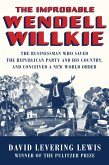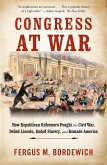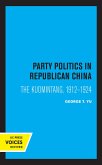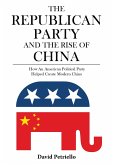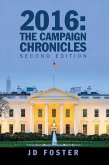Elliot Rosen's Hoover, Roosevelt, and the Brains Trust focused on the transition from the Hoover administration to that of Roosevelt and the formulation of the early New Deal program. Roosevelt, the Great Depression, and the Economics of Recovery emphasized long-term and structural recovery programs as well as the 1937-38 recession. Rosen's final book in the trilogy, The Republican Party in the Age of Roosevelt, situates distrust of the federal government and the consequent transformation of the party. Domestic and foreign policies introduced by the Roosevelt administration created division between the parties. The Hoover doctrine, which sought to restrict the reach of independent agencies at the federal level in order to restore business confidence and investment, intended to reverse the New Deal and to curb the growth of federal functions.
In his new book, Elliot Rosen holds that economic thought regarding appropriate functions of the federal government has not changed since the Great Depression. The political debate is still being waged between advocates for direct intervention at the federal level and those for the Hoover ethic with its stress on individual responsibility. The question remains whether preservation of an unfettered marketplace and our liberties remain inseparable or whether enlarged governmental functions are required in an increasingly complex national and global environment. By offering a well-researched account of the antistatist and nationalist origins not only of the debate over legitimate federal functions but also of the modern Republican Party, this book affords insight into such contemporary political movements as the Tea Party.
Dieser Download kann aus rechtlichen Gründen nur mit Rechnungsadresse in A, D ausgeliefert werden.



